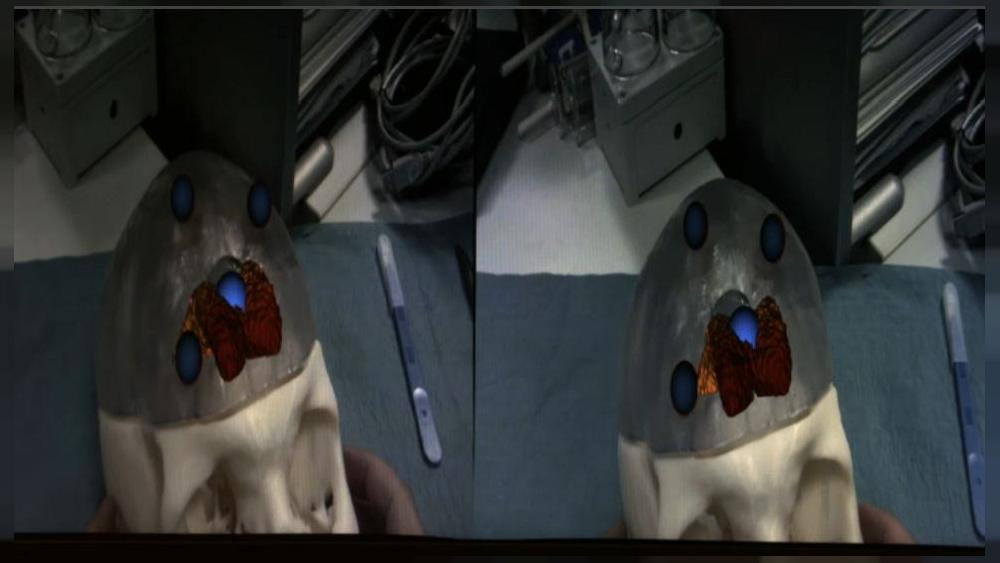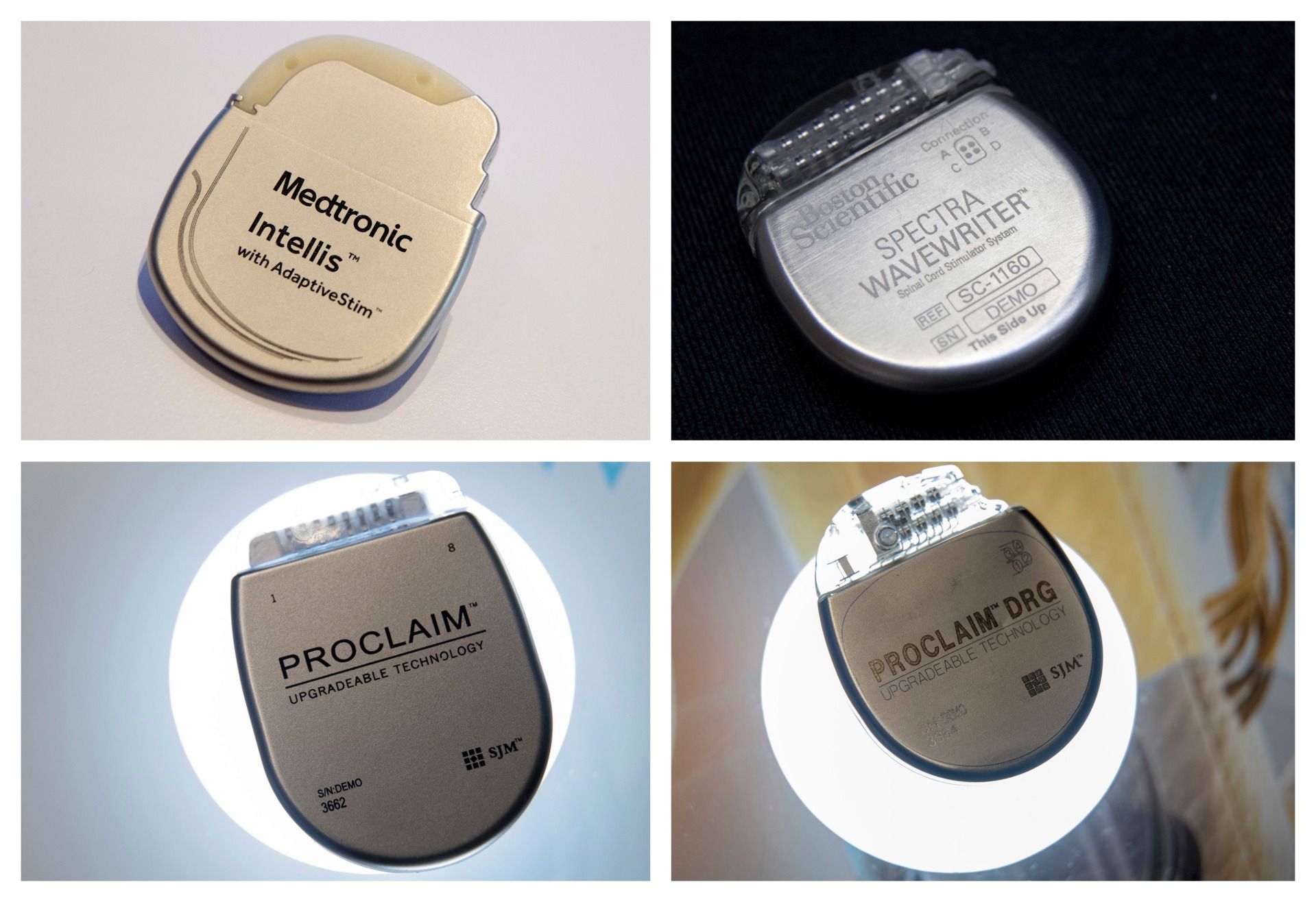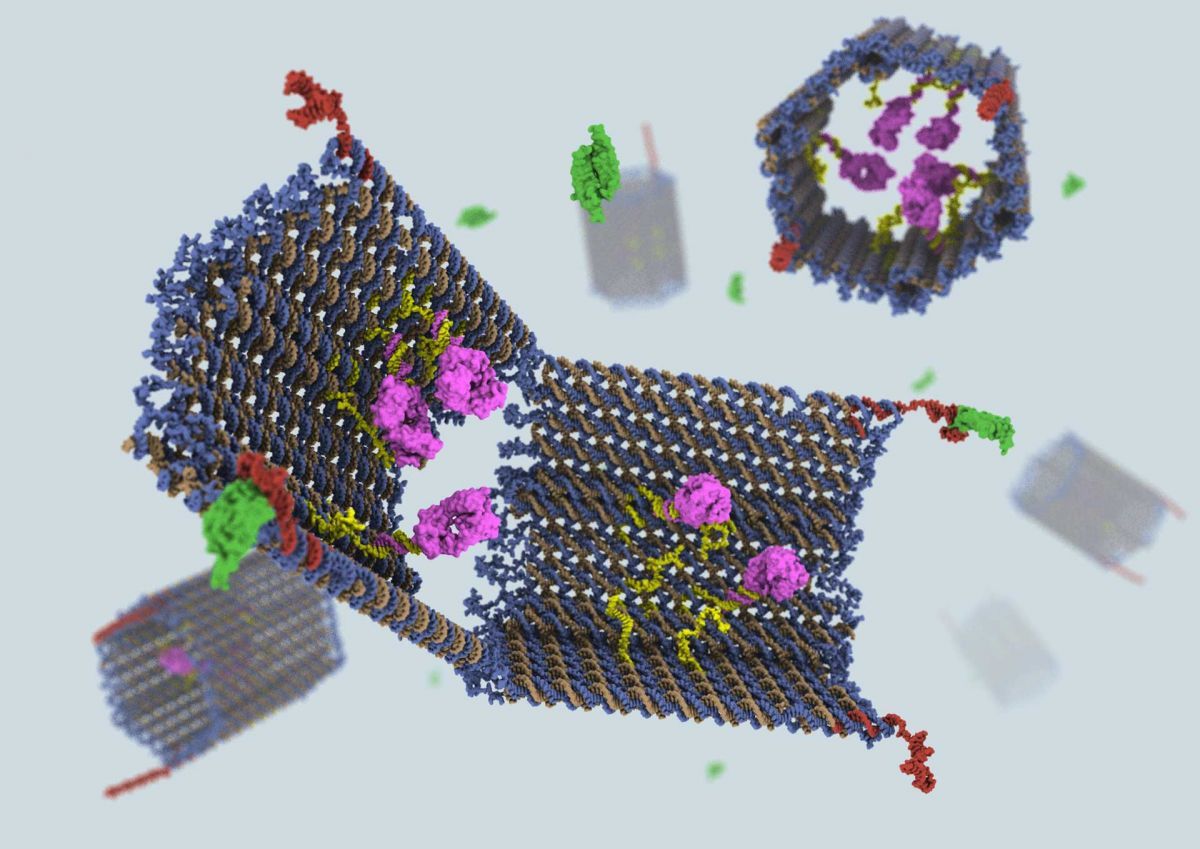Mounting an augmented reality device to a surgeon’s head — pioneering new research promises to save thousands of lives by merging classic techniques with modern technology.
At Pisa’s University, in Italy, researchers of the Vostars project, are working to develop a new kind of surgical visor in a bid to improve accuracy of interventions and reducing surgery times by at least 11%.
“The reality is of course the operating field, the anatomy that is in front of the surgeon; on this reality, we insert a virtual information that is acquired from the radiological images of the same patient. ”explained Vincenzo Ferrari, a biomedical engineer turned project coordinator for Vostars.









